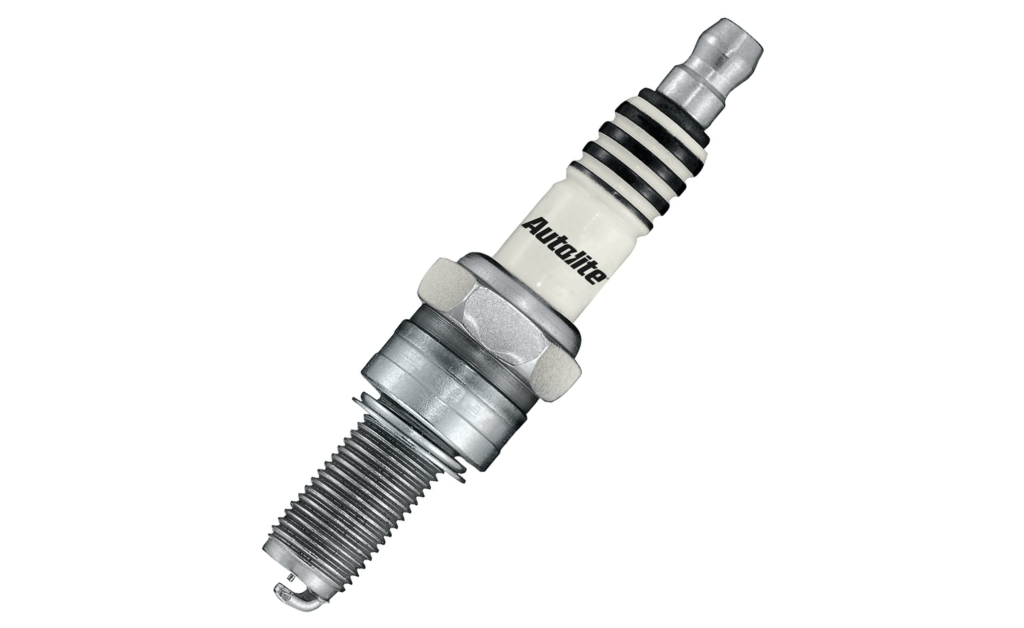When your spark plugs malfunction, SP88 explains what happens, why it occurs, and when you should replace your spark plugs.
Book your appointment now if you are looking for Spark plug replacement at Home.
The causes of spark plug failure can vary, so it’s crucial to be aware of the symptoms in case you ever find yourself in this unfortunate situation.
It’s important to remember that some of the symptoms of spark plug failure can be the same as or comparable to a variety of other potential issues with your car. As a result, it’s crucial to always take your vehicle directly to a qualified mechanic who can diagnose the exact problem for you.
Why do your spark plugs deteriorate?
Your spark plugs’ premature failure can have a variety of distinct causes, including:
Repeated spark plug tip overheating.
Incorrect engine timing can lead to pre-ignition, which can result in excessive heat buildup in the combustion chamber and eventually lead to spark plug failure.
Carbon accumulation
The spark plug tip can get dirty and fouled with oil when engine oil spills into the combustion chamber. This may cause a sooty carbon build-up on your spark plugs over time, which could lead to their failure.
A high air-fuel mixture, excessive idling, or poor ignition can all contribute to this. A carbon build-up on your spark plugs will be visible as a dried, black substance.
Faulty plug gapping
It can stress the spark plug tip, causing it to erode and wear down before its time if the tiny gap between the metal on the information is the wrong size for the engine.
Fluid leak
If your head gasket develops a coolant leak, the coolant may seep into the combustion chamber and adhere to the spark plug, causing the spark plug to malfunction. Depending on the coolant you’re using, the deposit’s consistency might range from ashy to grey.
What signs or symptoms point to a failing spark plug?
The following are some warning signs that your spark plugs are failing:
- Increased fuel consumption
- Engine surging
- Jerky ride when driving
- Loss of power and acceleration
- Rough idling
- Engine misfiring
- Trouble starting the engine
- Higher emissions
Any of these issues could indicate a spark plug issue if you detect them. Therefore, it’s essential to get your automobile to an expert as soon as possible to minimise further spark plug damage and ensure that the issue is correctly identified for the safety of you and your passengers.
How often should spark plugs be changed?
Spark plugs typically last between 80,000 and 100,000 miles with proper maintenance.
In light of this, several automakers advise servicing your car’s spark plugs every 30,000 miles to keep it operating securely and effectively. Book your appointment now if you are looking for Spark plug replacement at Home.
Could my spark plugs be the reason why my car won’t start?
Yes!
An essential component of your car’s ignition system is its spark plugs. They function by igniting the fuel and air mixture inside your engine, which starts the combustion process that produces power.
Your engine may misfire or fail to start altogether if your spark plugs are defective because there may be an issue with the combustion process.







